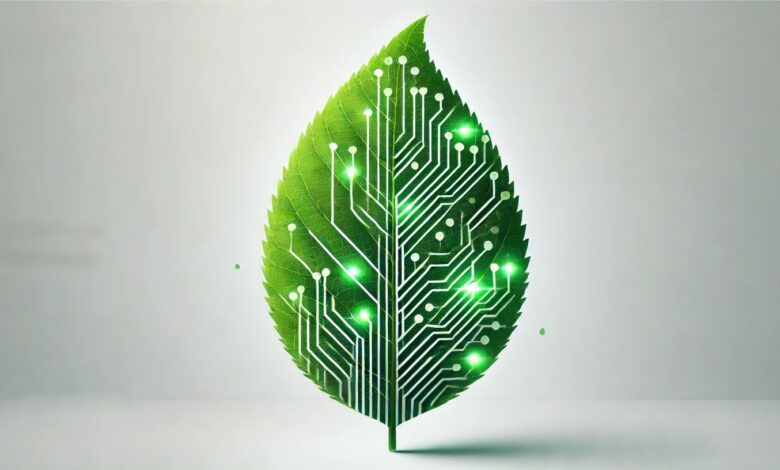5 AI Technologies to Use When Striving for a Sustainable Future

The world is facing unprecedented environmental challenges. Climate change, resource depletion, and pollution are threatening our planet’s future. As we seek solutions, artificial intelligence (AI) is emerging as a powerful ally in building a sustainable world.
AI technologies are revolutionizing industries, from agriculture to construction. They help reduce waste, cut emissions, and optimize resource use. Here are five AI technologies making a difference in the journey towards sustainability.
1. AI-Driven Energy Management Systems
Energy consumption is one of the biggest contributors to greenhouse gas emissions. AI-driven energy management systems are transforming how we use and conserve energy. These systems analyze real-time data from buildings, factories, and homes to optimize energy use.
By predicting energy demand and adjusting consumption, AI reduces waste and lowers costs. Smart grids powered by AI can even balance energy loads and integrate renewable sources more effectively. This means fewer blackouts and a smaller carbon footprint.
Businesses and homeowners alike benefit from AI’s ability to pinpoint inefficiencies. With the right tools, we can all contribute to a greener future.
2. Precision Agriculture Powered by AI
Farming has always been at the mercy of nature. But AI is changing that by making agriculture smarter and more efficient. Precision agriculture uses AI to monitor soil health, predict weather patterns, and manage crops.
Drones and sensors collect data on soil moisture, nutrient levels, and plant health. AI analyses this data to help farmers apply water, fertilizers, and pesticides only where needed. This reduces waste and minimizes environmental impact.
By improving crop yields and conserving resources, AI supports sustainable farming practices. It also helps farmers adapt to climate change, ensuring food security for future generations.
3. Smart Sensors for Sustainable Construction
The building industry releases a lot of carbon into the air. However, AI-powered smart sensors are helping to make building practices more sustainable. These sensors monitor conditions like temperature, humidity, and material strength in real-time.
For example, in concrete construction, smart sensors can track the curing process, ensuring optimal strength and reducing material waste. The smart sensors can be used in different processes such as pretensioning and post-tensioning. This not only cuts down on excess material but also improves the lifespan of structures.
By providing accurate data, AI sensors reduce the need for guesswork and rework. This leads to more efficient use of resources and a smaller environmental footprint in construction projects.
4. AI in Waste Management and Recycling
Waste is a growing problem in modern society. But AI is offering innovative solutions to tackle this challenge. AI-powered systems can sort and process waste more efficiently than traditional methods.
Robots equipped with AI vision systems can identify and separate recyclable materials from rubbish. This improves recycling rates and reduces the amount of waste sent to landfills. AI can also predict waste generation patterns, helping cities plan better waste management strategies.
By making recycling more effective and reducing landfill use, AI plays a crucial role in promoting a circular economy. This means fewer resources are wasted, and more materials are reused.
5. AI-Enhanced Climate Modelling
Understanding and predicting climate change is essential for developing effective solutions. AI is enhancing climate models by analysing vast amounts of data quickly and accurately. These models help scientists understand how different factors contribute to global warming.
AI can identify patterns and trends in climate data that humans might miss. This leads to more accurate predictions and better-informed policies. Governments and organisations can use these insights to implement strategies that mitigate climate change impacts.
By improving our understanding of the climate, AI helps us take proactive steps towards sustainability. This technology empowers decision-makers to create policies that protect our planet for future generations.
Conclusion
AI technologies are transforming how we approach sustainability. From energy management to waste reduction, these innovations offer practical solutions for a greener future. By embracing AI, industries and individuals can make significant strides towards protecting our planet.



